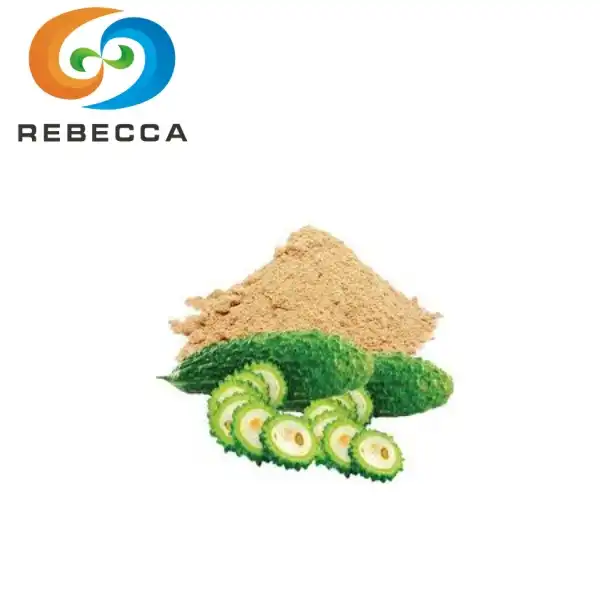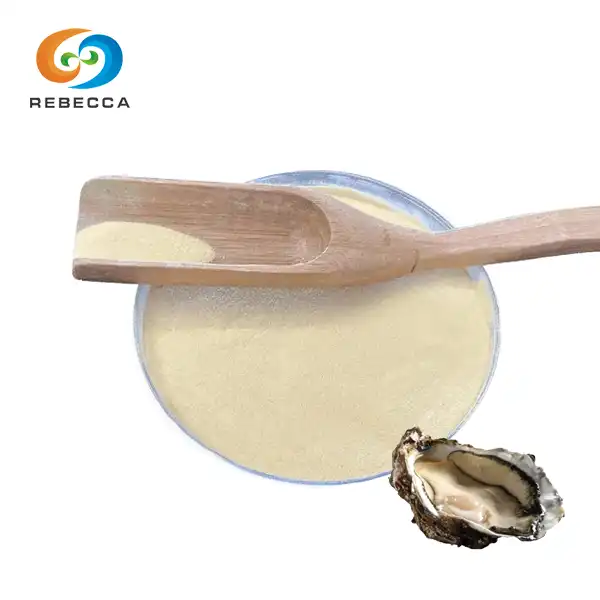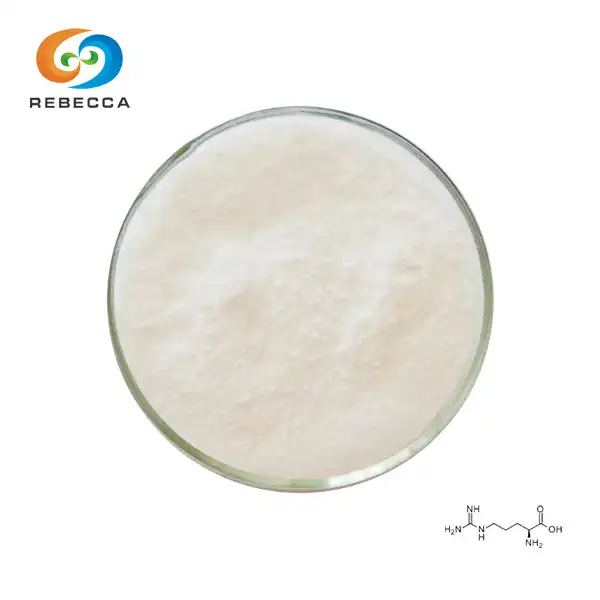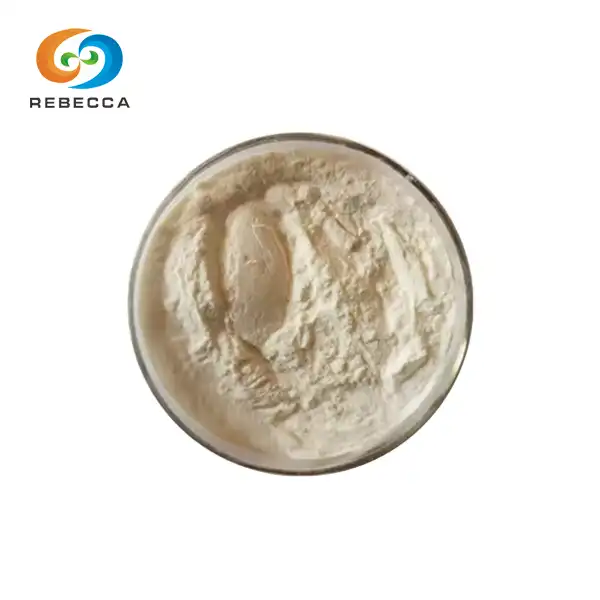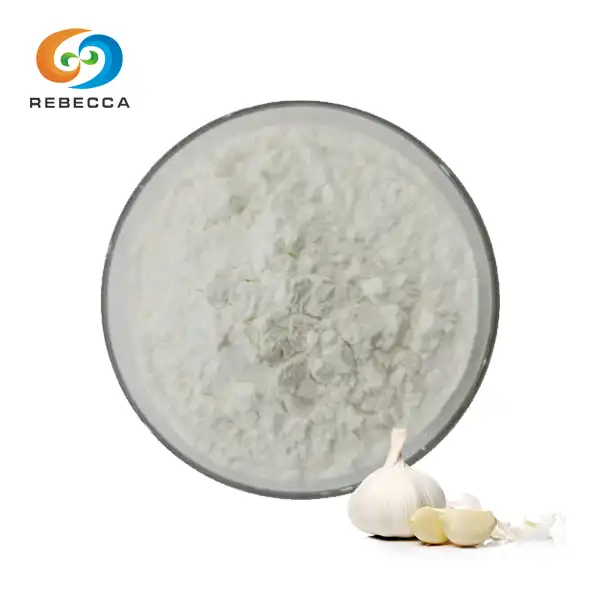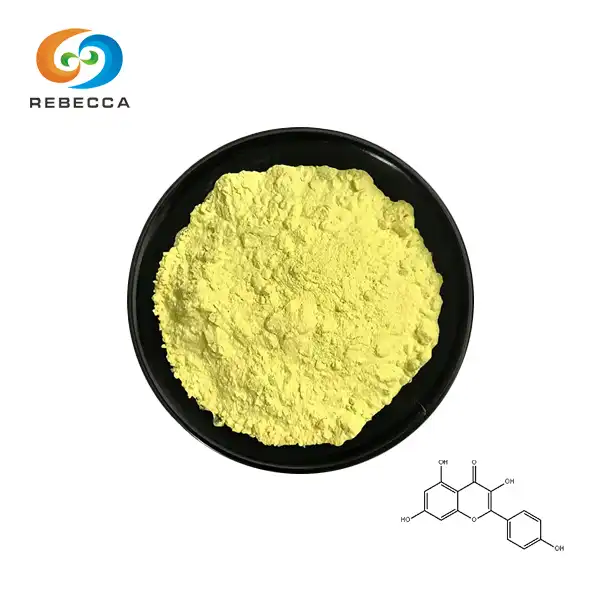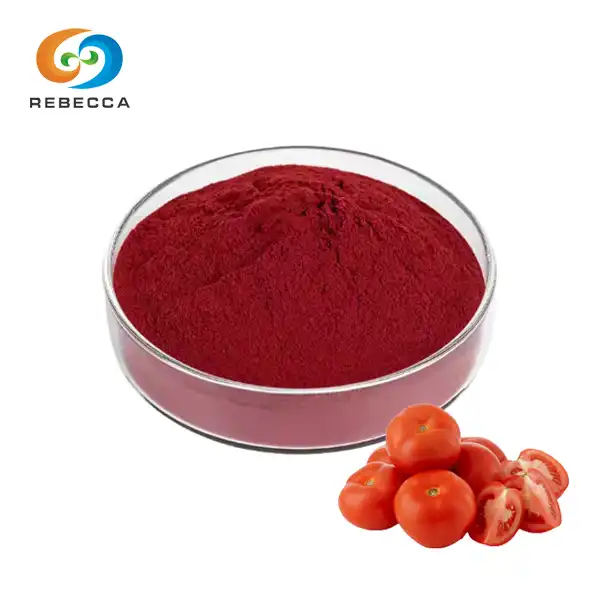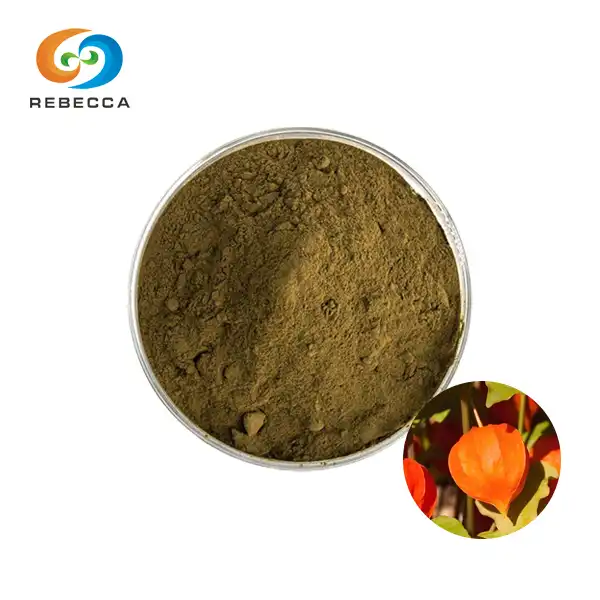Best Micronized Creatine Powder: Boost Your Performance
Are you looking to enhance your athletic performance and build lean muscle mass? The best micronized creatine monohydrate powder might be the supplement you've been searching for. This powerful, scientifically-backed supplement has gained immense popularity among athletes, bodybuilders, and fitness enthusiasts for its ability to improve strength, power output, and muscle growth.
In this comprehensive guide, we'll explore the benefits of micronized creatine monohydrate powder, discuss optimal dosage strategies, and debunk common myths surrounding this remarkable supplement. Whether you're a seasoned athlete or just starting your fitness journey, this article will provide valuable insights to help you make an informed decision about incorporating micronized creatine into your supplement regimen.
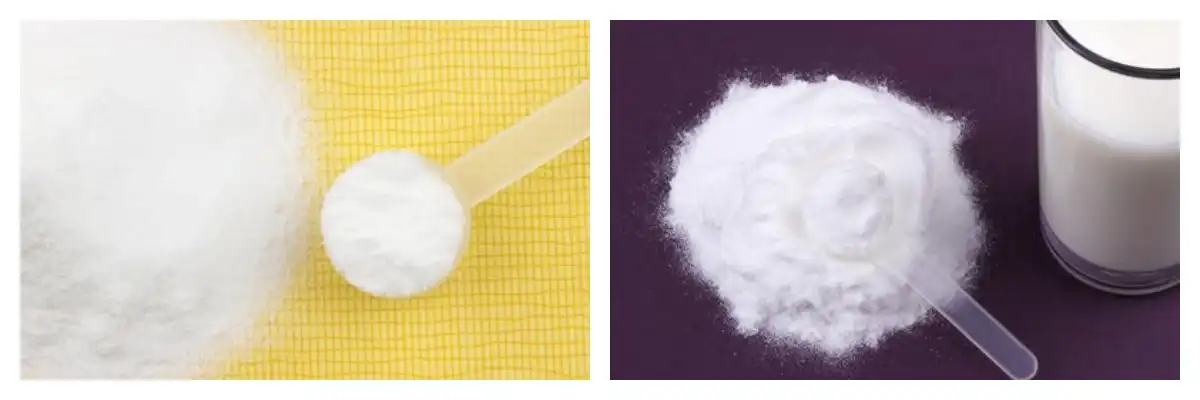
What Makes Micronized Creatine Monohydrate Superior?
Micronized creatine monohydrate stands out from other forms of creatine due to its enhanced absorption and bioavailability. The micronization process reduces the particle size of creatine molecules, making it easier for your body to absorb and utilize. This results in several key advantages:
- Improved Solubility: Micronized creatine dissolves more readily in liquids, reducing the likelihood of clumping and ensuring a smoother mixing experience.
- Enhanced Absorption: The smaller particle size allows for faster and more efficient absorption in the intestines, potentially leading to better results.
- Reduced Gastrointestinal Discomfort: Some users report fewer digestive issues with micronized creatine compared to regular creatine monohydrate.
- Increased Stability: Micronized creatine tends to be more stable in solution, maintaining its effectiveness for longer periods.
These benefits make best micronized creatine monohydrate powder an excellent choice for individuals seeking to maximize their performance gains and minimize potential side effects.
Research has consistently shown that creatine supplementation can lead to significant improvements in strength, power output, and muscle mass. A meta-analysis published in the Journal of Strength and Conditioning Research found that creatine supplementation resulted in an average increase of 8% in strength performance and a 14% increase in weightlifting performance for repetitions greater than three. Moreover, micronized creatine monohydrate has been shown to enhance recovery between high-intensity exercise bouts. This is particularly beneficial for athletes engaged in sports that require repeated bursts of intense activity, such as sprinting, weightlifting, or team sports.

Optimal Dosage for Micronized Creatine Powder
To maximize the benefits of best creatine monohydrate powder, it's crucial to follow an appropriate dosing strategy. While individual needs may vary, the following guidelines are generally recommended:
Loading Phase
Many users opt for a loading phase to saturate muscle creatine stores rapidly. This typically involves taking 20-25 grams of creatine per day, divided into 4-5 equal doses, for 5-7 days. However, it's important to note that a loading phase is not strictly necessary and may cause mild gastrointestinal discomfort in some individuals.
Maintenance Phase
After the loading phase (or if you choose to skip it), a maintenance dose of 3-5 grams per day is typically sufficient to maintain elevated muscle creatine levels. This can be taken as a single dose or divided into smaller doses throughout the day.
Timing Considerations
While the timing of creatine intake is less critical than consistency, some research suggests that taking creatine close to your workout may offer additional benefits. A study published in the Journal of the International Society of Sports Nutrition found that consuming creatine immediately before and after resistance training resulted in greater increases in fat-free mass and strength compared to taking it at other times of the day.

Common Myths About Creatine Monohydrate Debunked
Despite its well-documented benefits and safety profile, the best creatine monohydrate powder is still surrounded by various myths and misconceptions. Let's address some of the most common ones:
Myth 1: Creatine is a steroid
This is entirely false. Creatine is a naturally occurring compound found in small amounts in certain foods and produced by the body. Unlike anabolic steroids, creatine does not affect hormone levels and is not a banned substance in sports.
Myth 2: Creatine causes kidney damage
Numerous studies have shown that creatine supplementation is safe for healthy individuals. A comprehensive review published in the Journal of the International Society of Sports Nutrition concluded that there is no scientific evidence to support the notion that creatine supplementation harms renal function in healthy individuals.
Myth 3: Creatine causes dehydration and cramping
Contrary to this belief, research suggests that creatine may actually have a protective effect against dehydration and heat stress. A study in the Journal of Athletic Training found that creatine supplementation did not increase the incidence of muscle cramps or injuries in college football players.
Myth 4: Creatine only benefits bodybuilders
While creatine is indeed popular among bodybuilders, its benefits extend to various athletic activities and even cognitive function. Studies have shown that creatine can improve performance in high-intensity, short-duration sports and may also enhance cognitive processing speed and working memory.
Myth 5: You need to cycle creatine
There is no scientific evidence supporting the need to cycle creatine. Long-term studies have shown that continuous creatine supplementation is safe and effective for healthy individuals.

Conclusion
The best micronized creatine monohydrate powder is a potent, well-researched supplement that can significantly enhance athletic performance, muscle growth, and recovery. Its superior absorption and bioavailability make it an excellent choice for individuals looking to maximize their training results. By following appropriate dosing strategies and understanding the facts behind common myths, you can harness the full potential of this remarkable supplement. As with any dietary supplement, it's always advisable to consult with a healthcare professional before starting a new regimen, especially if you have any pre-existing health conditions.
Are you ready to take your performance to the next level? Consider incorporating high-quality micronized creatine monohydrate powder into your supplement routine. For more information about our premium micronized creatine monohydrate powder and other natural herbal extracts, please contact us at information@sxrebecca.com.
References
1. Kreider, R.B., et al. (2017). International Society of Sports Nutrition position stand: safety and efficacy of creatine supplementation in exercise, sport, and medicine. Journal of the International Society of Sports Nutrition, 14, 18.
2. Branch, J.D. (2003). Effect of creatine supplementation on body composition and performance: a meta-analysis. International Journal of Sport Nutrition and Exercise Metabolism, 13(2), 198-226.
3. Buford, T.W., et al. (2007). International Society of Sports Nutrition position stand: creatine supplementation and exercise. Journal of the International Society of Sports Nutrition, 4, 6.
4. Greenhaff, P.L. (1997). The nutritional biochemistry of creatine. The Journal of Nutritional Biochemistry, 8(11), 610-618.
5. Rawson, E.S., & Volek, J.S. (2003). Effects of creatine supplementation and resistance training on muscle strength and weightlifting performance. Journal of Strength and Conditioning Research, 17(4), 822-831.
_1730691017423.webp)










